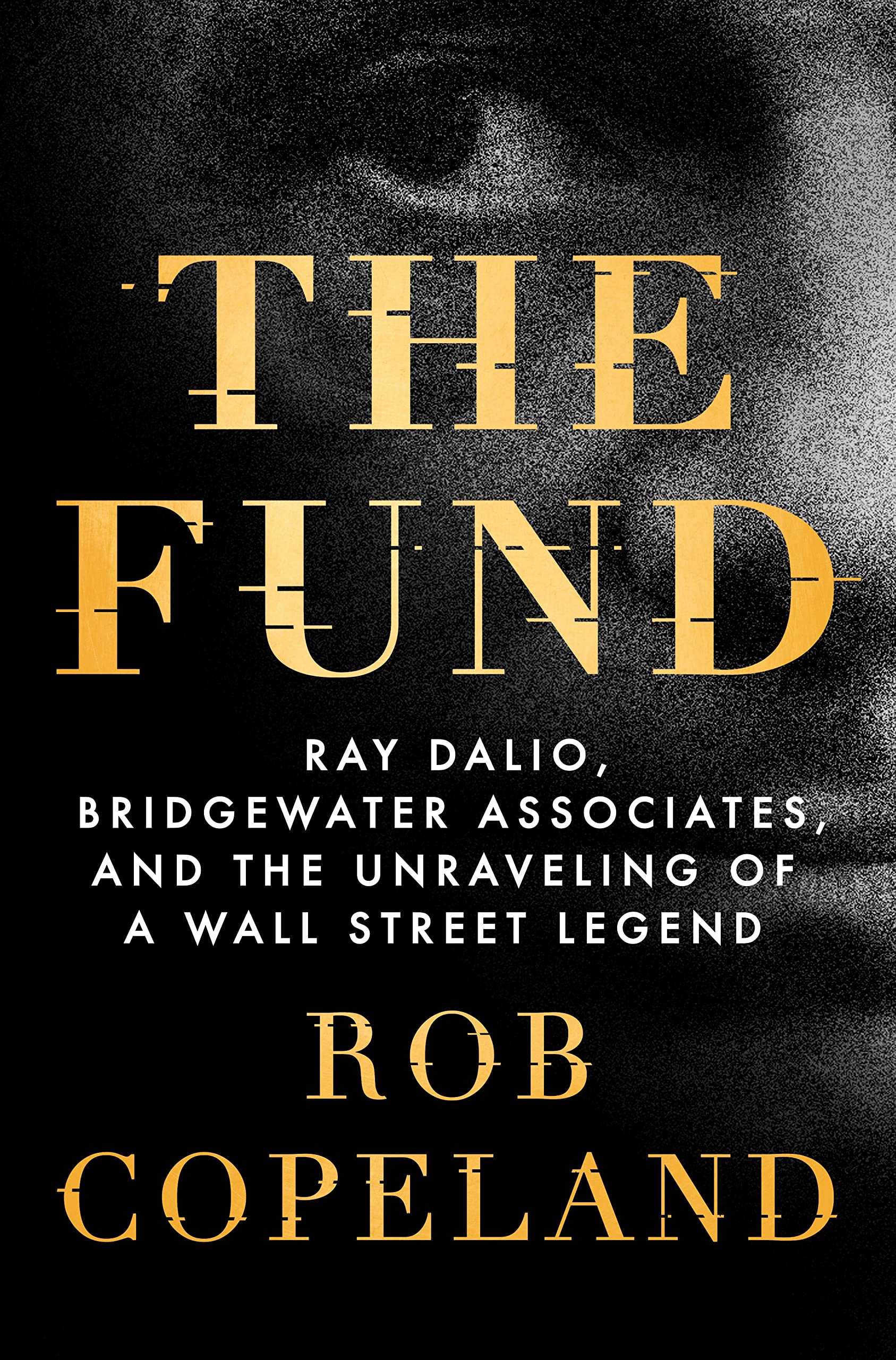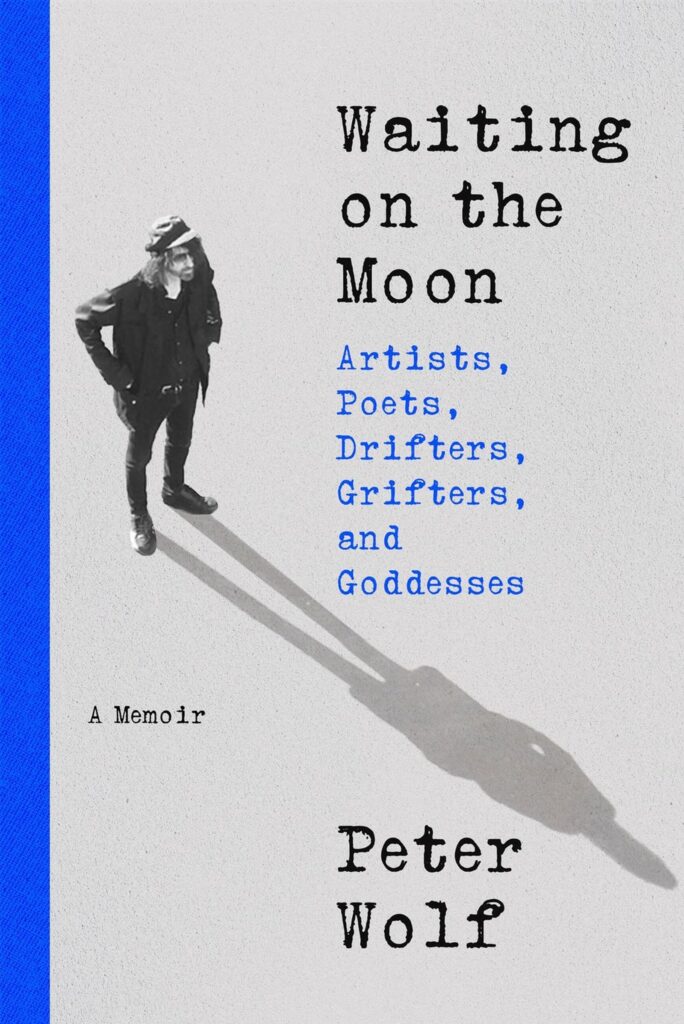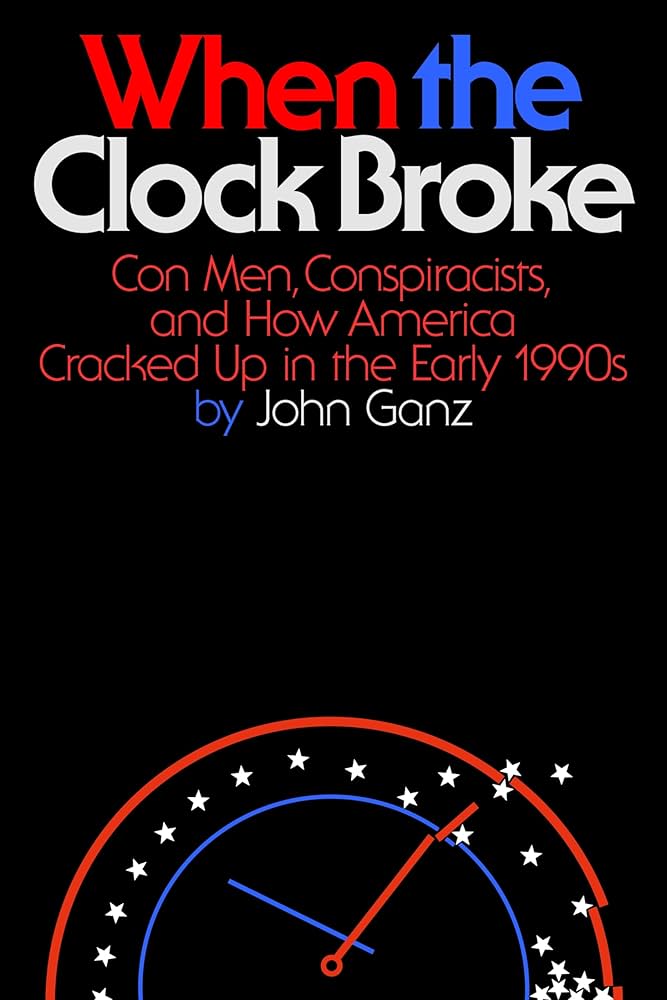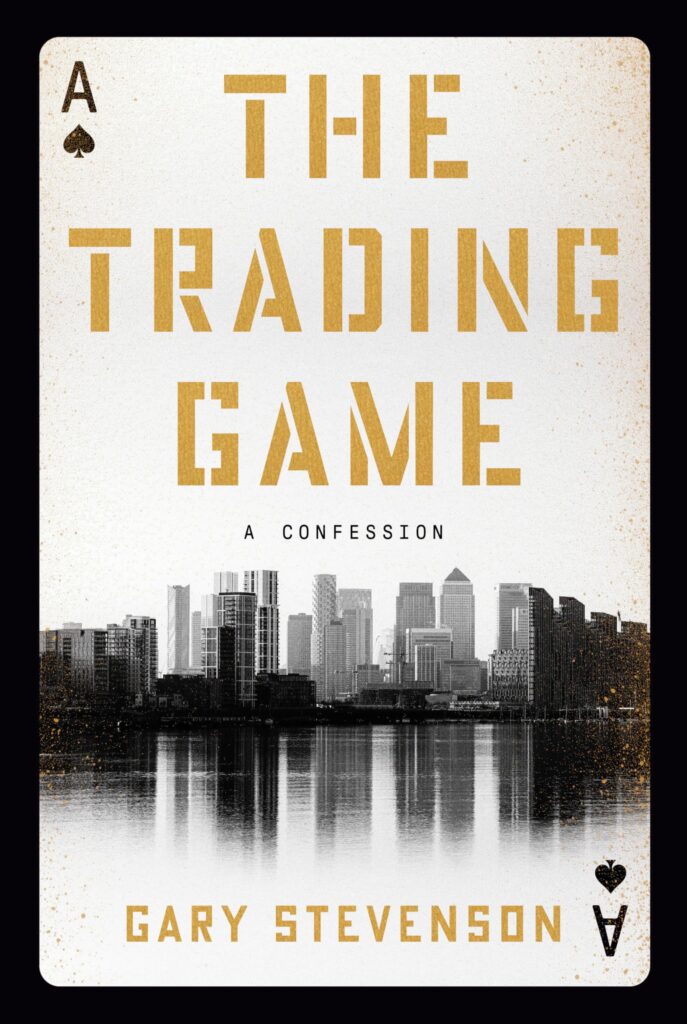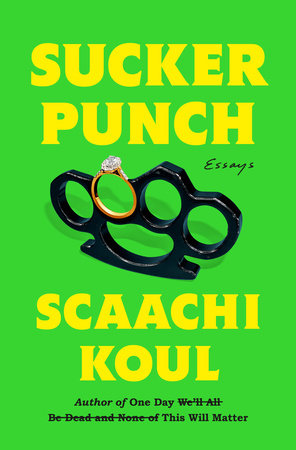Ray Dalio, by Copeland’s telling, is an amalgamation of the worst characteristics you can find in a boss. He’s apparently an unpredictable, mercurial, petty, meddling micromanager. Whether you will enjoy reading 300 pages about it probably depends on your familiarity with his public persona, or your appetite for Rich Guys Behaving Badly (enabled by sycophants).
If that’s your jam (it’s mine!), the book is great. Almost every chapter has several jaw-dropping anecdotes. Contrary to common perception, Dalio is hardly a self-made man — the first 50 pages detail how several wealthy people gave him small (and not small) fortunes that he basically lost when he was getting started. Then he married into great wealth and managed to find some success. If only we all had such luck starting out.
He and his team made a bunch of money for their investors and themselves, but the book isn’t much interested in that. What’s much more compelling is Dalio’s descent into a nightmare CEO. Surveillance, arbitrary decisions, verbal abuse, public shaming, psychological manipulation, broken promises — even those who’ve read about Adam Neumann and Travis Kalanick will find much of this behaviour shocking.
Speaking of Neumann, the book this most reminded me of The Cult of We. Dalio also seemed to believe that financial success and media attention bestowed some kind of visionary status on him. His delusions of grandeur get sadder and more desperate as the book goes on. By the end of it, he’s almost (almost) pitiful, trying to license his imaginary investing magic to the company he founded. He’s a sad, lonely figure by the end, which would be tragic if it wasn’t fully earned.
Copeland is a good writer — despite the large cast of characters, it’s not difficult to follow them through the years. The stories are told in a journalistic fashion, while it must have been tempting to let them be salacious and gossipy. Apparently Dalio has threatened all kinds of legal action on Copeland and the publisher, but it will probably only serve to promote the book further. I know it’s part of what convinced me to pick it up.

